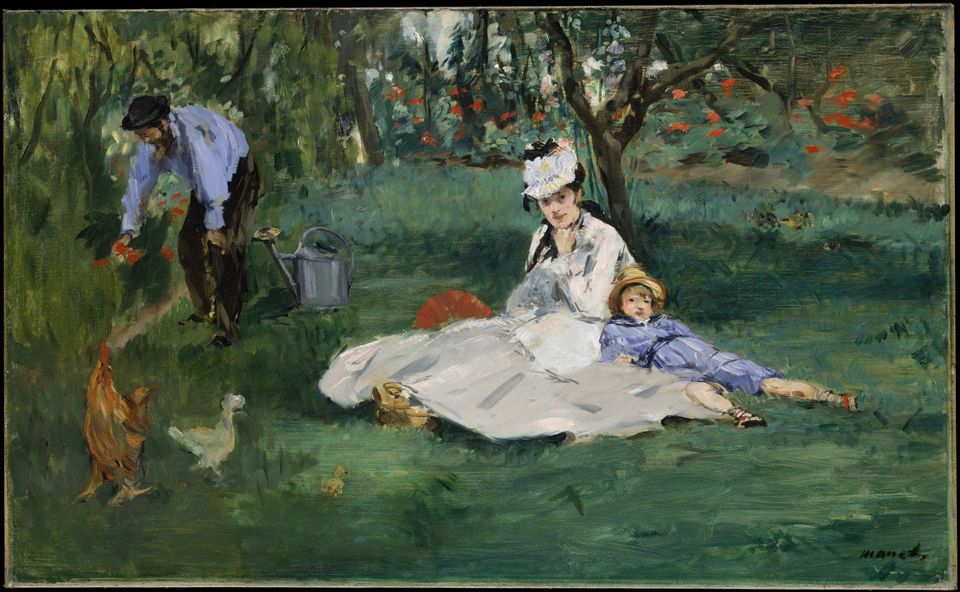On Kids and Culture

The basic idea of culture is that people enjoying expressing themselves through certain media - music, poems, legends, paintings, jokes, histories, clothing, sculptures, cooking - and that other people also enjoy the fruits of that expression. An idea intrigues them, a painting gives them a sense of tranquility, a flavor reminds them of a precious moment from their lives, and they savor it, tell other people about it, and preserve it. The most distinctive and powerfully resonant of these expressive artifacts (what people sometimes, after Matthew Arnold, call “the best that has been thought and said”) get savored, told about, and preserved more than others, and over time they accumulate into the base of a society’s culture. With more than 5,000 years of written history under our collective human belts at this point, we have accumulated quite a few magnificent pieces of cultural expression, and every year sees further treasures added to this trove.
Despite its depth, however, the longevity of this collection of human genius is not, and never has been, a given. The threats that it faces are not only external, either - as Hannah Arendt observed, “Every generation, Western civilization is invaded by barbarians. We call them children.” Inherent in her comment is an understanding that culture is necessarily a living thing. It cannot survive as a mere tchotchke in a box, or a picture on a wall, or a piece of sheet music in an archive. The people of every generation must experience it, understand it, appreciate it, respond to it, and build on it. Culture is the essence of our shared life as humans, and it is the duty (and the privilege!) of parents to share it with their offspring.
It was in this light that, after becoming a parent myself, I became dismayed at the state of today’s culture as it is commonly offered to and experienced by our most recently arrived cohort of barbarians. No parent today can, to cite one particularly egregious example, have escaped the tinny singing of a certain youthful elasmobranch fish (nearly eleven billion views on YouTube as of this writing).
Our purpose at The Bookish Dad is to share reflections, recommendations, and resources that we have found helpful in the hope of providing utility, solidarity, or at the very least amusement to our fellow parents, both like-minded and otherwise. We hope that you find something here to enjoy, and we wish you bon courage in all of your toddler-wrangling.

Comments ()